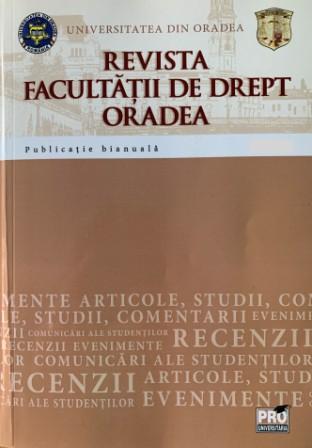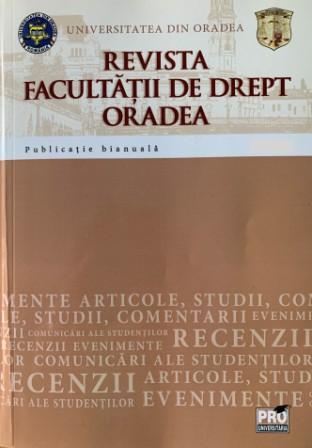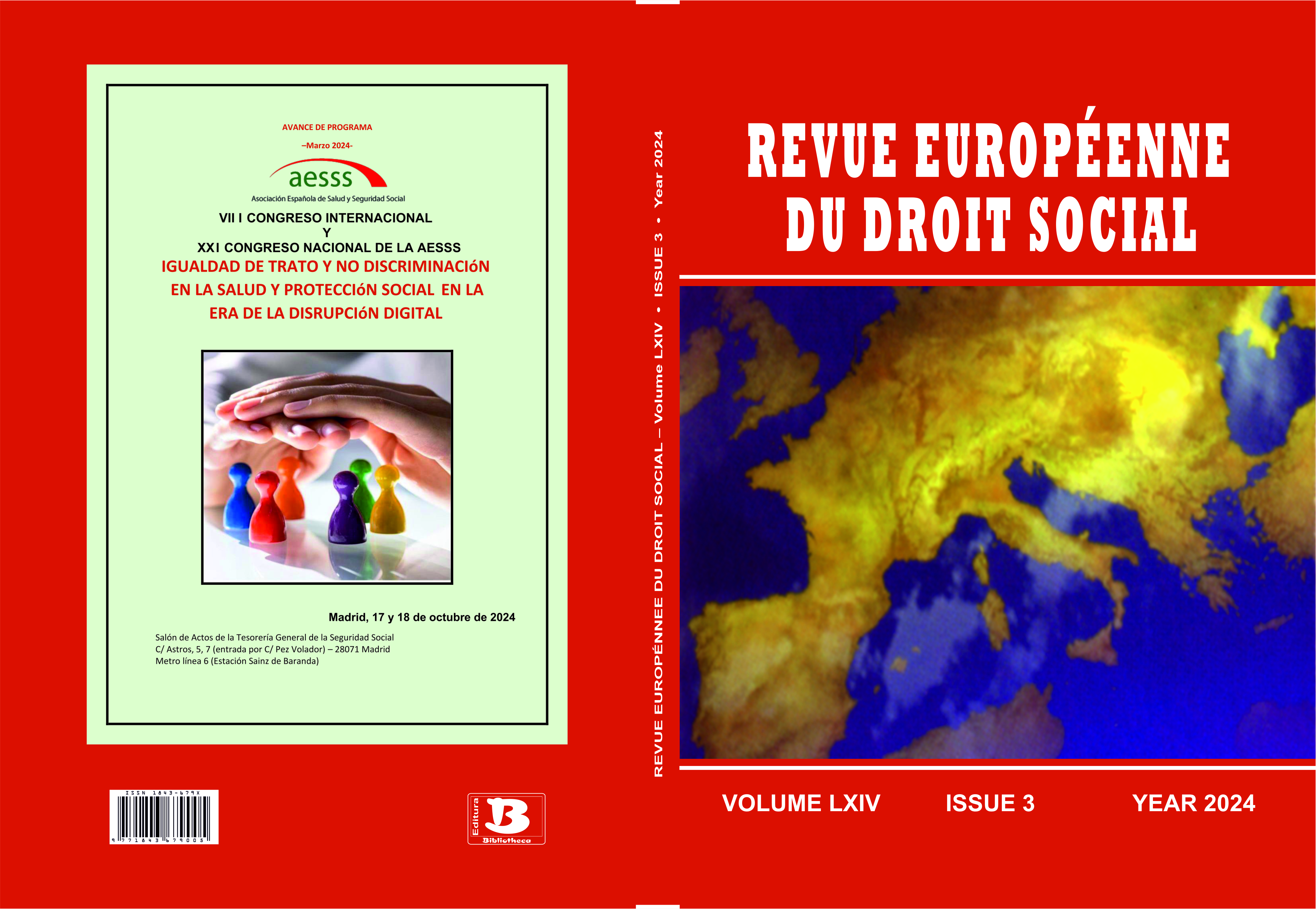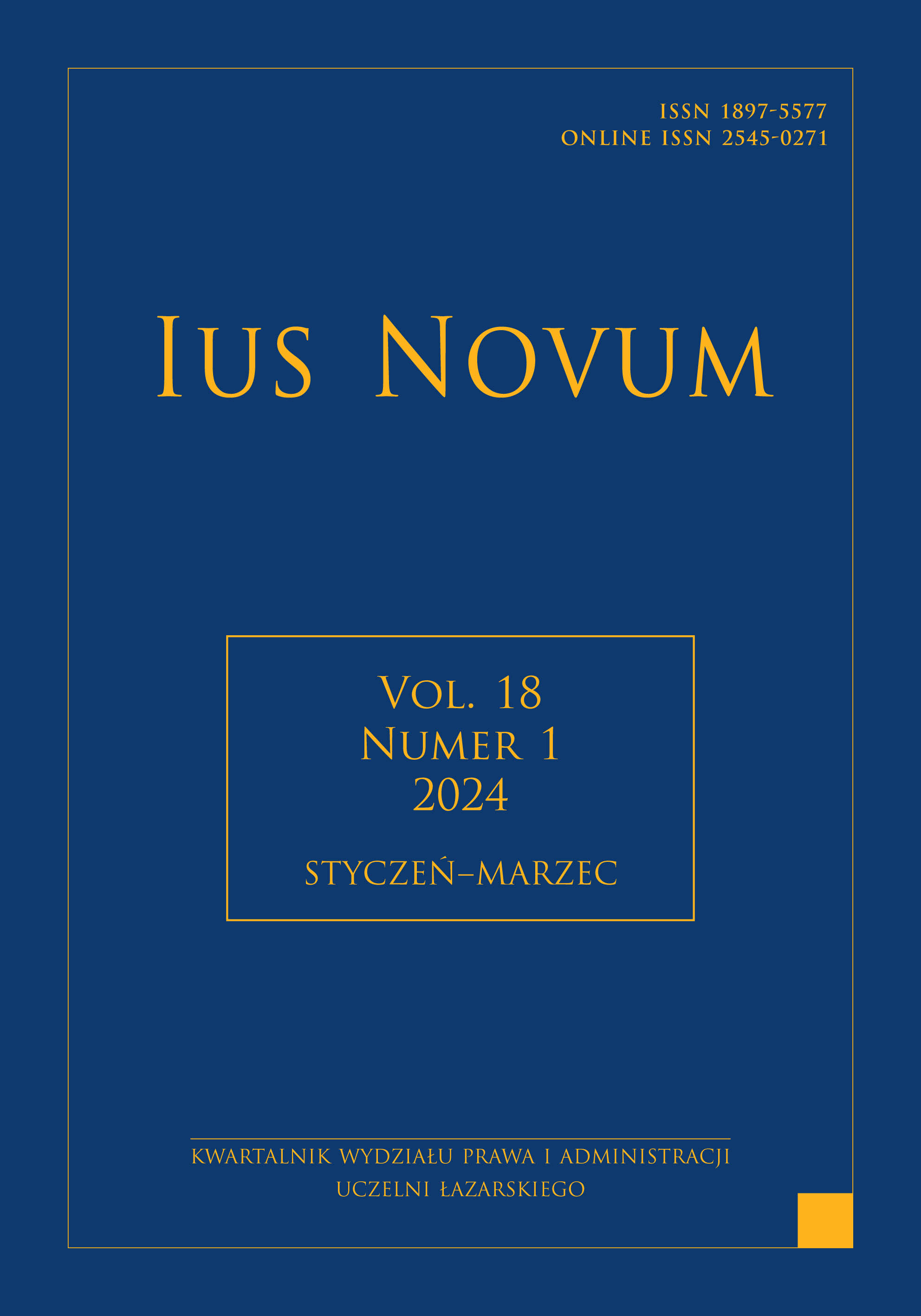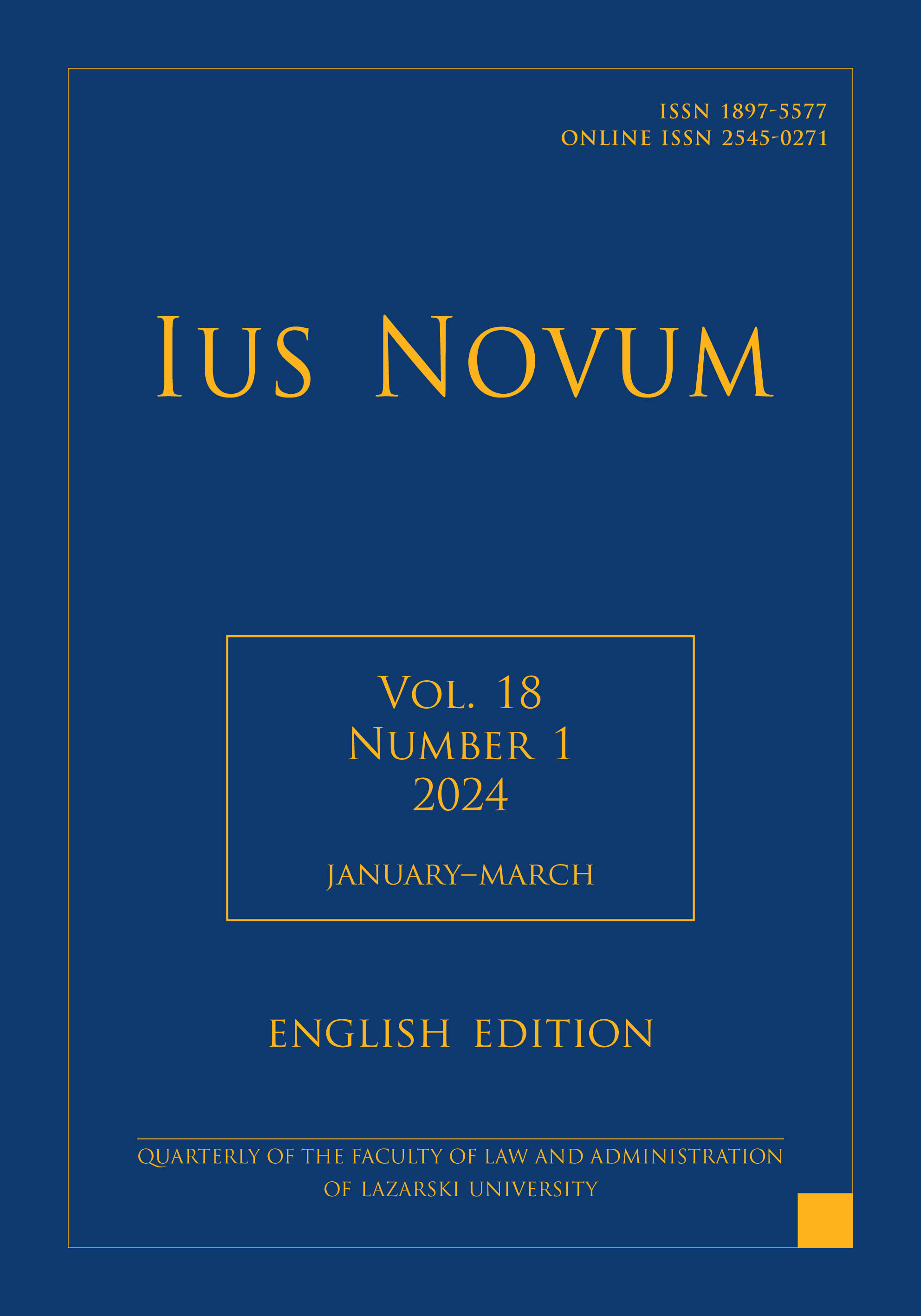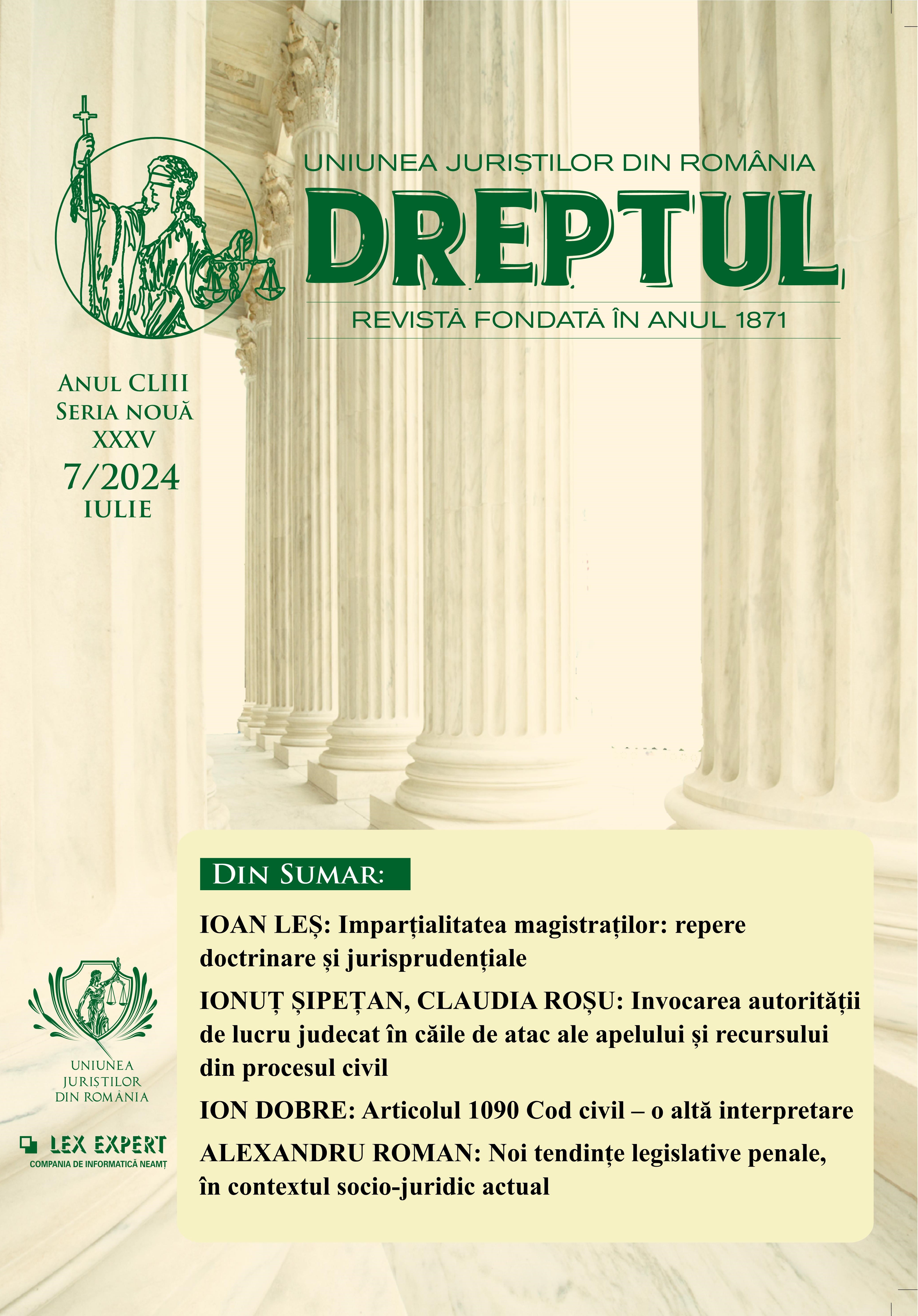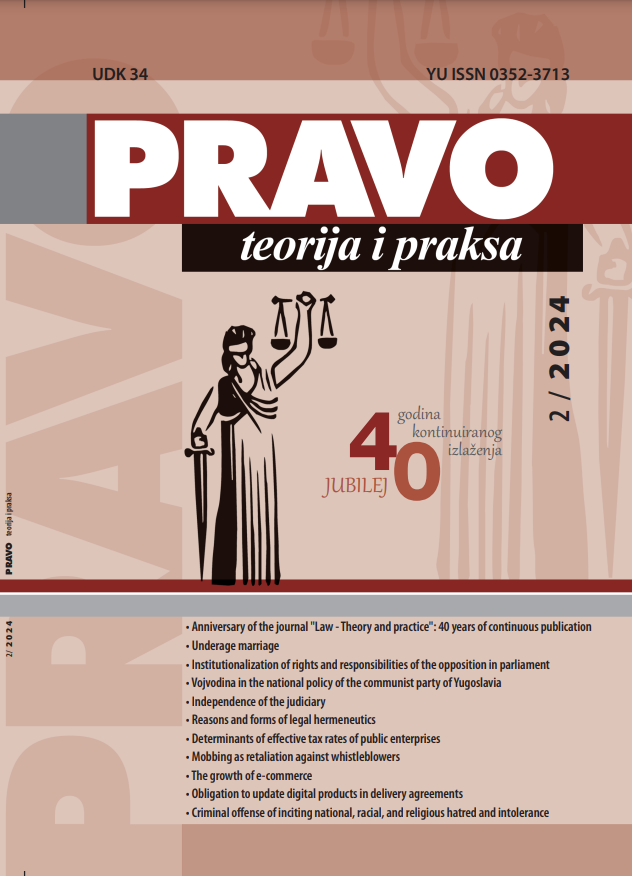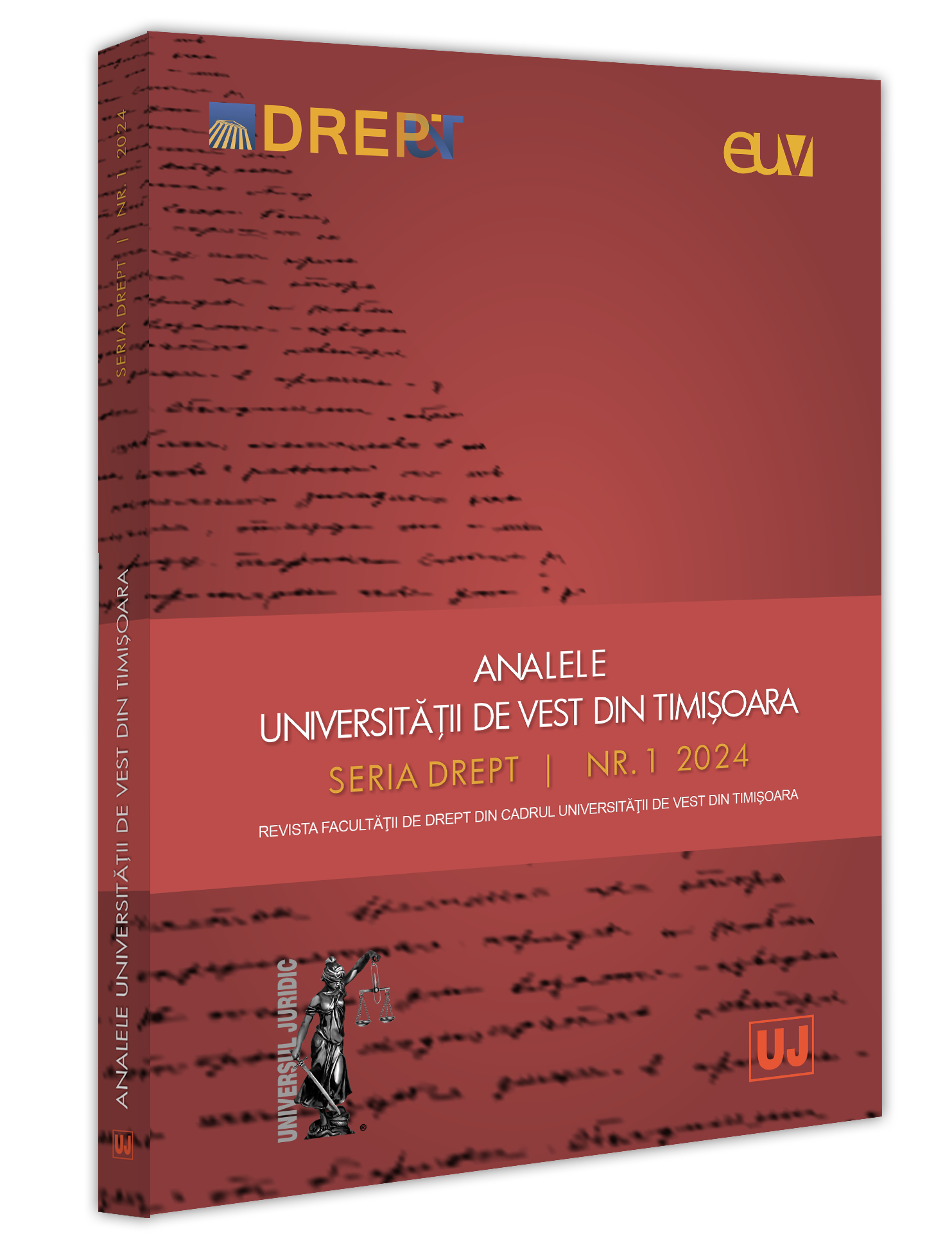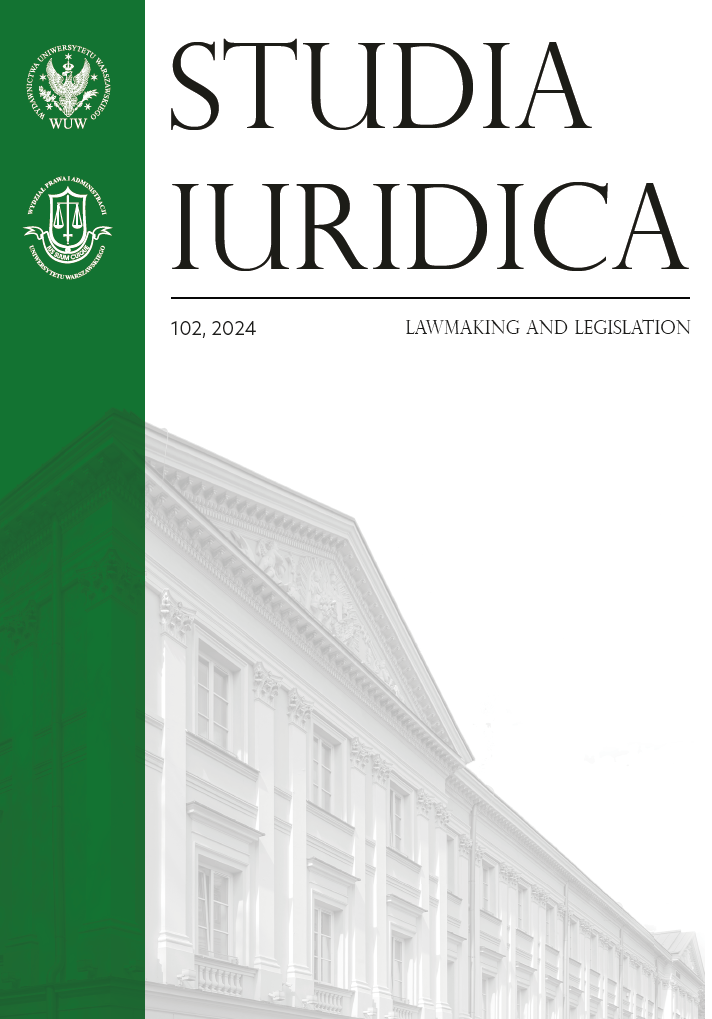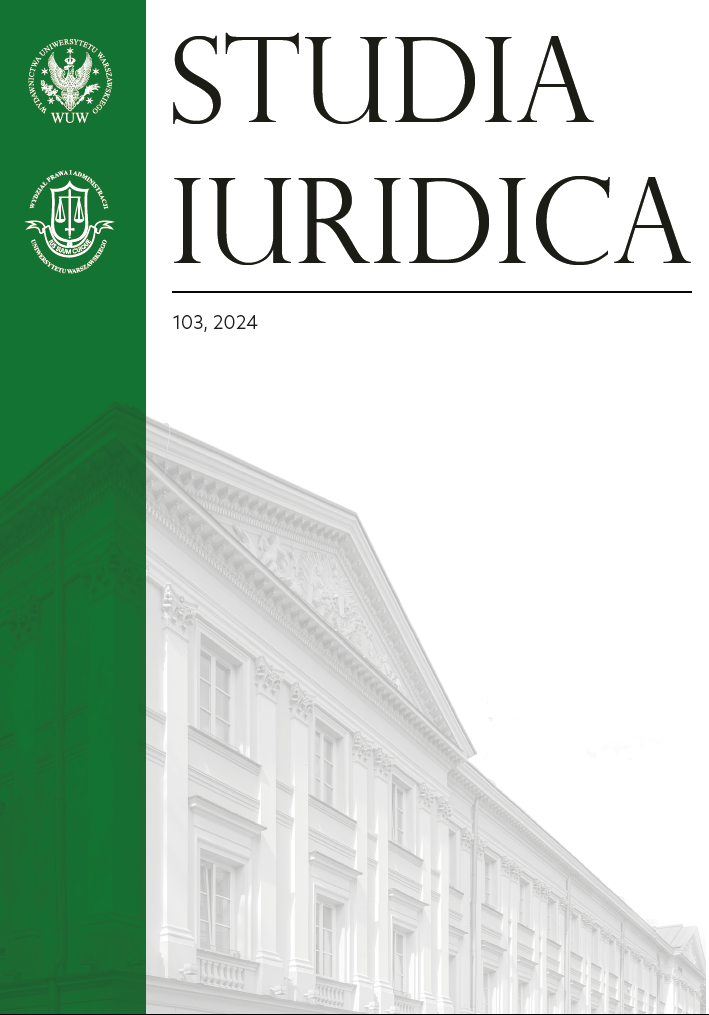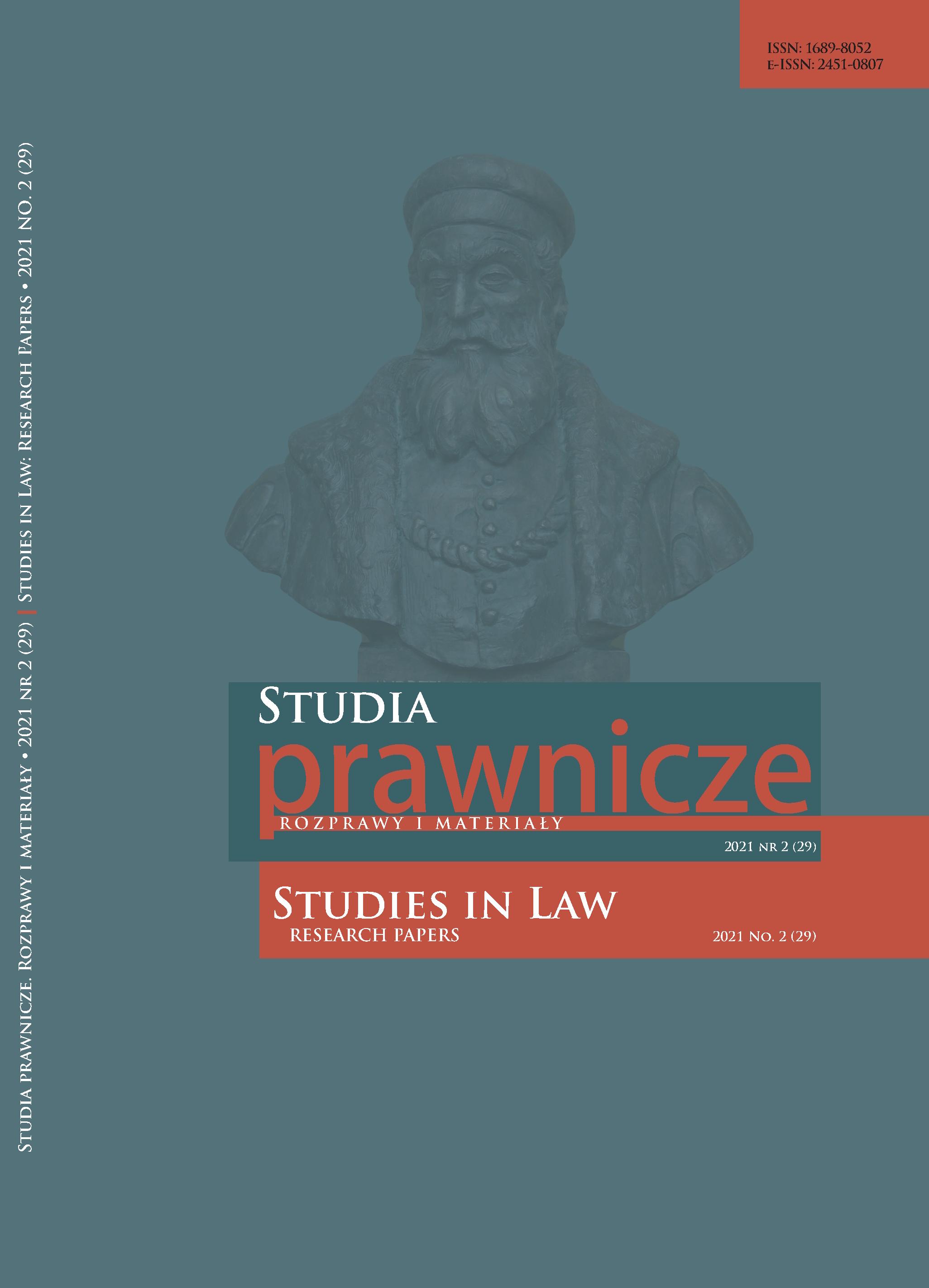
Las alternativas para una tributación de la robótica
In recent years different voices have defended the necessity to achieve a legal treatment according to the new reality, given that, the relentless advance of robotics is paving its path to a profound social transformation. A society, which is progressively automated in the digitised global environment, requires to formulate the possibility of a taxation within the applied artificial intelligence framework. Several alternatives have been proposed under the tax environment, from regulating a tax referred to the task executed by robots until demanding a specific or additional taxation on account of their use and maintenance. A priori, the alternatives are numerous but these required to be assessed from the perspec- tive regarding the minimum determinants of the tax justice. In this paper, we will analyse what challenges the taxation deals, considering the necessary postulates that impose the fundamental guidelines of the tax order. The material principles of justice are reinter- preted in their content by their own digital revolution. These notions must clearly report the design of any suggestion and respect satisfactorily the configuration of the essential elements of a tax. At this stage in the 21st century, it seems desirable to reflect from the scientific rigour on the real possibilities of influencing by means of using tax techniques. These techniques could specifically contribute to robotics, but without distorting and complicating further the taxation system.
More...

